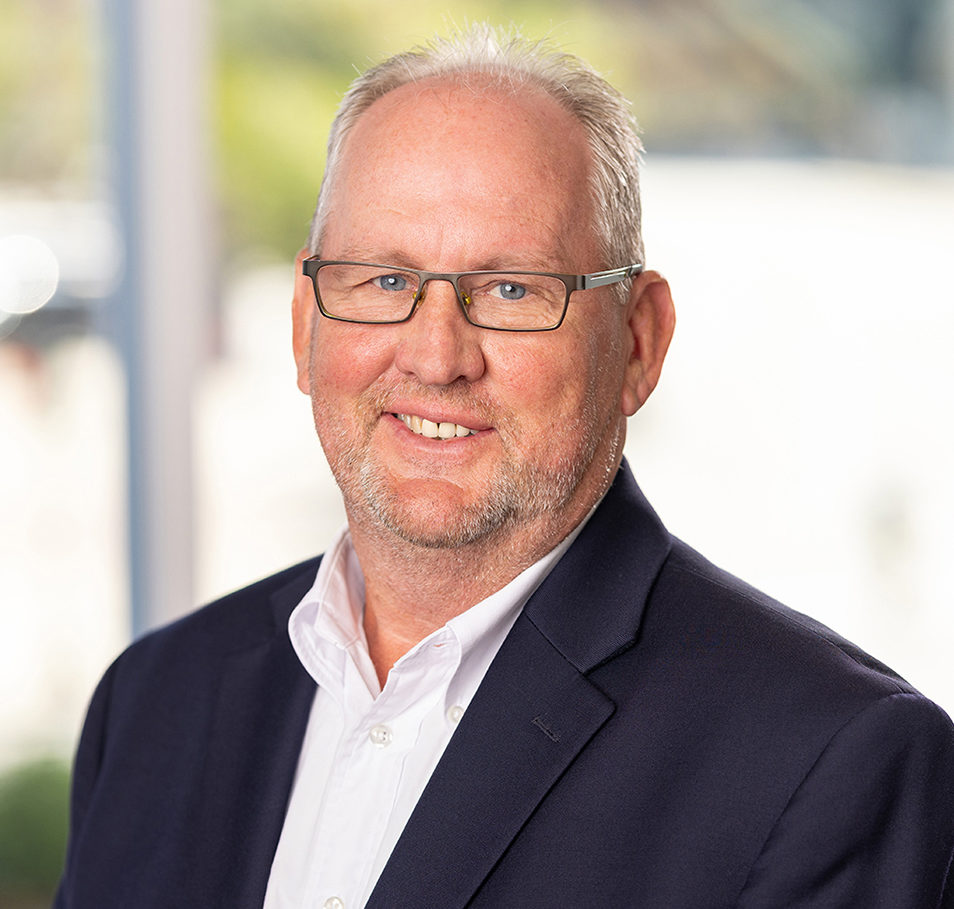Industrial-strength Q&A with engineering SVP Greg Harper

Gain insights into industrial manufacturing and the chemicals space from Charles Aris senior vice president Greg Harper, who discussed the state of engineering and operational opportunities with the Charles Aris marketing team:
Question: Manufacturing job totals in the United States have seen a sharp decline in recent decades, but have actually increased over the past few years. What human capital trends are you seeing in today’s marketplace?
Greg: The biggest thing is probably the advancement of the skill sets required. In recent years, probably from the early 2000s to now, there’s been a lot more automation and a lot more sophistication in manufacturing – all of which requires sophisticated skill sets. Previously, I would say a lot of manufacturing minds could be high-school educated or could otherwise learn their craft and perform well on a manufacturing line, but that’s no longer the case today. You have a lot more automation that takes a mechanical, electrical or industrial engineer to operate some of that sophisticated machinery.
Question: Indeed.com’s chief economist noted that manufacturing jobs, as a share of total employment, hit an all-time low in July 2017. Why are talented professionals choosing to work in industries outside manufacturing?
Greg: I think one, as a society, we aren’t pushing enough of our children into STEM programs. I don’t think people see the value of it yet. The younger generation going into the marketplace today often wants to work for the Googles, eBays and Amazons of the world instead of in manufacturing environments. People can make a great living in manufacturing industries. A local university, North Carolina State, just reported that the top 10 percent of their engineering graduates are graduating and starting their careers with salaries of $70,000-plus per year. As a society – and as business leaders and education leaders and recruiting leaders – we’re not promoting that enough. We aren’t emphasizing that with high schoolers who are going into college, especially females. I would love to see us steer more females into the engineering field; we’re just not broadcasting that message. It’s industry itself that’s more at fault than anything.
Question: Automation has transformed many jobs in an increasingly high-tech manufacturing environment, creating a technical skills gap. How has this impacted your searches for top talent?
Greg: Significantly. For one, higher-skilled people require higher compensation. You have to make clients understand that to replace a skill set that’s previously been a job with X wage with one that requires a higher education and expertise, there can be a 15-20 percent delta. You have to educate them from that perspective. The other thing is a huge delta between younger employees getting into engineering and the number exiting. There’s an almost-sufficient number of younger employees but a severe deficiency in senior and middle management. As a result, companies have to go out and pilfer talent from competitors because that’s the only place they can reliably find it.
Question: Where do you see the firm’s Engineering & Operations recruiting practice moving next?
Greg: I think you’re going to see – and we’re starting to see it already with a few of our clients – the analytics piece that’s been popular on the consumer side with regard to getting and analyzing and acting on real-time data. What do consumers think about products? You’re now seeing the same need for data analytics and assimilation on the manufacturing side because of all the automation. There’s a big gap there, so we’re seeing a lot more cause for people with strong mathematics and analytical skills to come into manufacturing environments for both data assimilation and modeling, which in previous years hasn’t been a need. I think that’s going to be a huge uptick for us as we continue to identify and land the very best talent for our clients here at Charles Aris.
Question: While continually focused on developing new business, you have a track record for building and sustaining lasting relationships with existing clientele. What’s the key to cultivating such meaningful and effective partnerships with hiring authorities?
Greg: You know, if I knew that, I’d do it better; maybe I’d even write a book about it! I think one is practicing our first, and I think the most important, of our 22 guiding principles: Be open, honest and candid with your clients, especially when it comes to relaying bad news. Most every search, at some point, hits a rough patch along the road, so trying not to gloss over that, recognizing that and talking it through with the client – all while making sure they understand that you have their best interests in mind. Anybody can deliver good news. The most effective search firms, and people who build good relationships in a business environment, are those willing to deliver bad news as well.
Question: What’s one piece of advice you would give to those hiring authorities who need and seek A-level talent?
Greg: Hold onto it if you’ve already got it! You need a great onboarding program when you do bring someone in who’s an A-level talent. You need to continue to give them feedback; don’t ever have them guessing where they stand in the organization. You also have to do things which continue to promote their skills – especially from a soft skills perspective. Engineers learn the linear aspects and they have technical expertise. What engineers typically don’t learn when they are going through their training are the soft skills: how to coach, how to mentor, how to develop other people and get that knowledge out of their head and into practice. That’s the biggest thing that I see lacking in manufacturing today: We’re not doing enough to teach seasoned engineers how to relate to people better, to coach, mentor and develop that next person in line.
Have a mission-critical hiring need or simply want to learn more? Speak with Greg Harper today by calling 336-378-1818, extension 9123, or email him at greg.harper@charlesaris.com.
SIMILAR ARTICLES
Meaningful conversations: How our deal-sourcing team connects with founders
We launched our transaction services business with the guiding philosophy that meaningful conversations lead to successful deals.
The new era of workplace wellness at Charles Aris
Throughout the past year, we’ve also integrated firmwide activities into our culture to promote healthy meditation, social events and exercise.
Charles Aris in the community
Our firm places a high value on giving back to our communities, and our team members have been working alongside several organizations to do so.


